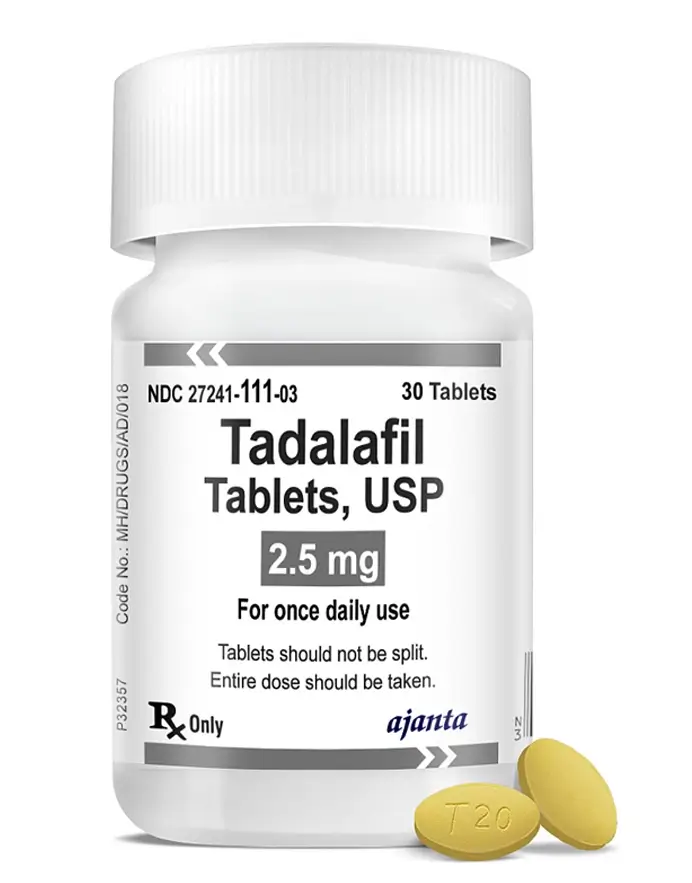Erectile Dysfunction

Survival Guide for Women Who Have Male Partners with Erection Issues
This article is for women who have male partners with erection issues. Our advice can help you deal with the physical, psychological, and sexual problems you’re currently facing. By working with your partner, you can help him restore his sexual vitality and regain a healthy sex life.
Step 1: Determine how erection issues are affecting your relationship.
Have erection issues caused problems in your relationship? Erectile dysfunction can be harmful to your psychological wellbeing. You and your partner may feel a variety of emotions, including frustration, anger, guilt, despair, and grief.
Men and women often have similar feelings about erection issues, but they usually don’t share them. You may be tempted to suppress your emotions to avoid potential conflict. However, it’s important to acknowledge your emotions and discuss them openly with your partner.
Step 2: Examine your physical and emotional health.
If you haven’t had sex with your partner in a while, it’s important to consider your physical and emotional health before resuming sexual activity. Check with your doctor to see if you’re healthy enough for sex. Fortunately, most women can start having sex again with few issues.
Many post-menopausal women suffer from lack of sexual desire. A variety of physical and psychological issues can lower your sex drive. Consult with your doctor to identify the cause and choose an appropriate treatment.
Step 3: Explore ways to improve the treatment outcome.
Treatment may be more successful if you make an effort to improve the quality of your relationship. Erectile dysfunction isn’t just your partner’s problem. Research has shown that men in loving relationships have better treatment outcomes.
Couples who address erection issues promptly tend to see the best results. The problem may become more difficult to resolve over time. However, you and your partner can still overcome long-standing erection issues if you’re committed to working together.
Step 4: Educate yourself about erection issues.
Erectile dysfunction may be caused by physical or psychological disorders. Common physical causes include diabetes, cardiovascular disease, hormonal disorders, and prescription medications. Psychological problems such as depression, anxiety, and stress may also trigger erection issues.
The right treatment will depend on the origin of the problem. Many men benefit from prescription erectile dysfunction medications. Counseling can also help men deal with the psychological issues that contribute to erectile dysfunction.
Step 5: Communicate with your partner.
It may not be easy to talk to your partner about erection issues. Sexual function is a very sensitive topic. However, open and honest communication is an essential part of the treatment process.
Consider your emotions and sexual needs. Talk to your partner about your feelings in short sentences that are easy to understand. Take the time to think about your partner’s feelings and listen to his concerns without judgment.
Step 6: Consult with your doctor.
If your partner has erection issues, proper medical care is essential. You and your partner can attend the first medical consultation together. However, some men prefer to go alone. Talk to your partner about his preferences.
Prepare for the appointment by writing down your questions and concerns. It’s important to understand the diagnosis and treatment options. Your doctor can help you and your partner choose an effective plan that can improve your sex life.
- Erectile Dysfunction Prescription Medication Prescribed Online
- What is the Best Erectile Dysfunction Treatment Medication for Men Age 40 to 60?
- Reduced Sexual Desire
- Fake Viagra Sold to Thousands of Men Looking for Low Cost, Black Market Erectile Dysfunction Treatments
- Levitra Frequently Asked Questions
- Mediterranean Diet: The Best Daily Foods to Eat to Help Erectile Dysfunction


